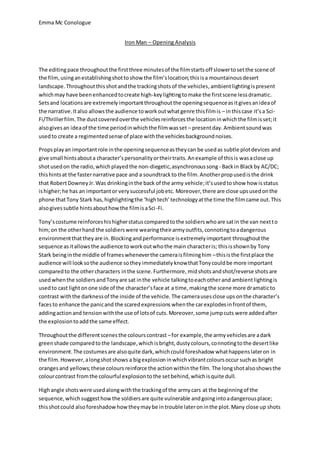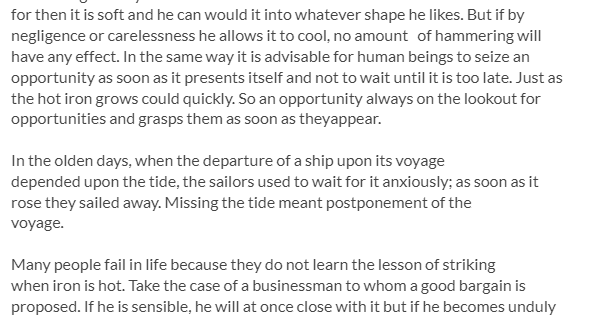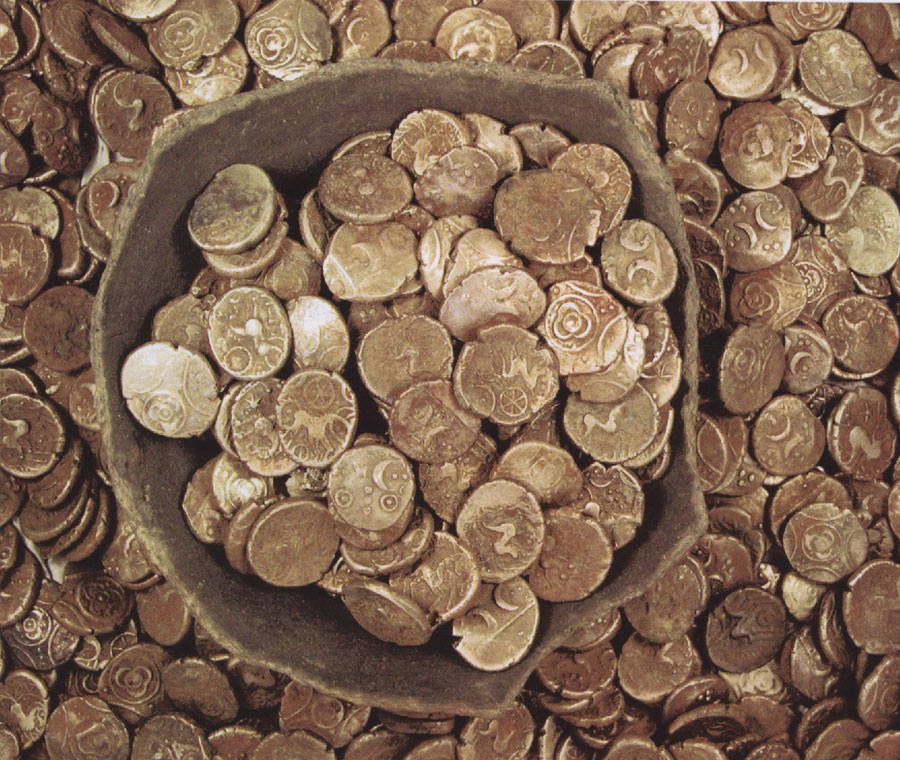Iron is a chemical element with the symbol Fe and atomic number 26. It is a metal that is abundant in the Earth's crust, and it plays a vital role in many aspects of our lives.
One of the most important uses of iron is in the production of steel. Steel is an alloy that is made up of iron and a small amount of carbon. It is a strong and durable material that is used in a wide variety of applications, including construction, transportation, and manufacturing. Steel is used to make bridges, buildings, cars, and many other products that we rely on in our daily lives.
Iron is also important for our bodies. It is a necessary component of hemoglobin, a protein found in red blood cells that carries oxygen from the lungs to the rest of the body. Without enough iron, the body cannot produce enough healthy red blood cells, leading to a condition called iron-deficiency anemia. This can cause fatigue, weakness, and other health problems.
Iron can be found in a variety of foods, including red meat, poultry, fish, beans, and fortified cereals. It is also available as a dietary supplement. People who are at risk for iron-deficiency anemia, such as pregnant women, vegetarians, and those with certain medical conditions, may need to take iron supplements to ensure they get enough of this essential nutrient.
In addition to its practical uses, iron has played a significant role in human history. It was one of the first metals to be used by humans, and it has been used for thousands of years in the production of tools and weapons. The Iron Age, which began around 1200 BC, was a period of great technological advancement, as iron allowed for the production of stronger and more durable tools and weapons.
Overall, iron is a vital element that plays a crucial role in many aspects of our lives. It is essential for our bodies, and it is used in a wide range of products that we rely on every day.







